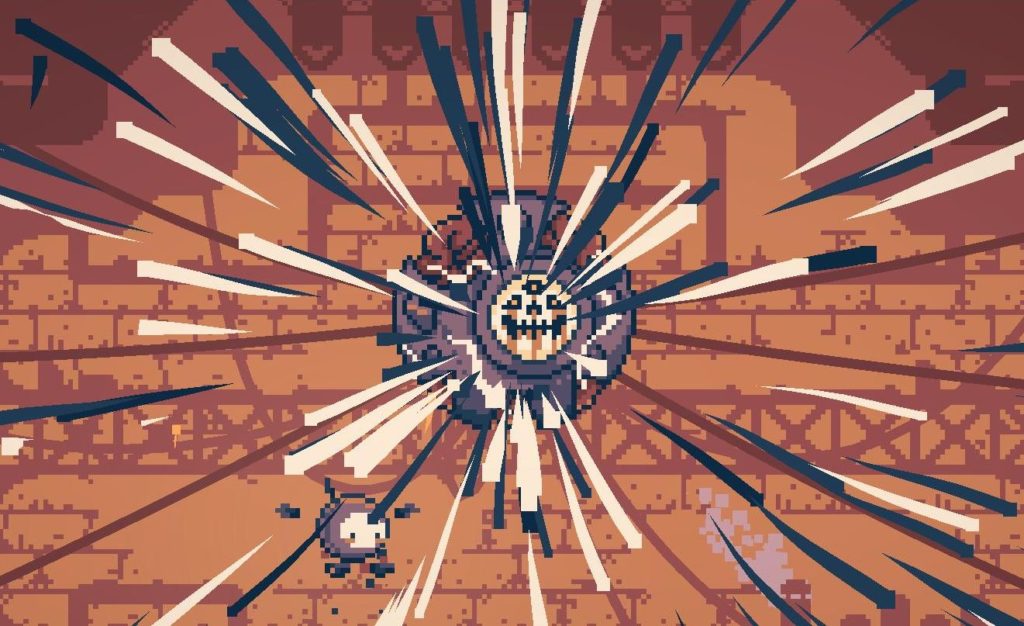
PC, Mac
A sign of a great game is when, no matter how many days I’ve spent with it while knowing I’ve still not updated the site, I justify yet another morning playing before I start to write. Haiku is one such game, an absolutely captivating Metroid-me-do, that I want to be playing right now, instead of finally stopping to tell you to do the same.
Haiku is a little robot, as the title may have implied, who finds himself in a post-apocalyptic 2D world, where his fellow robots have been corrupted by a virus that has turned them all mean and attacky. As you might imagine, he then goes on an exploratory adventure, gathering new abilities, bopping baddies, and chatting with the uncorrupted locals in an effort to save the world.
It is, in most senses, a very traditional delivery of the form, from its sparingly placed healing save rooms to its ever-expanding available territory as new skills are gained. Play is a familiar combination of simple combat and puzzle-forward platforming, with occasional boss fights. But it’s not only that it delivers all these core elements so deftly that makes this such a satisfying experience, but the subtle tweaks that smooth out the whole ride.
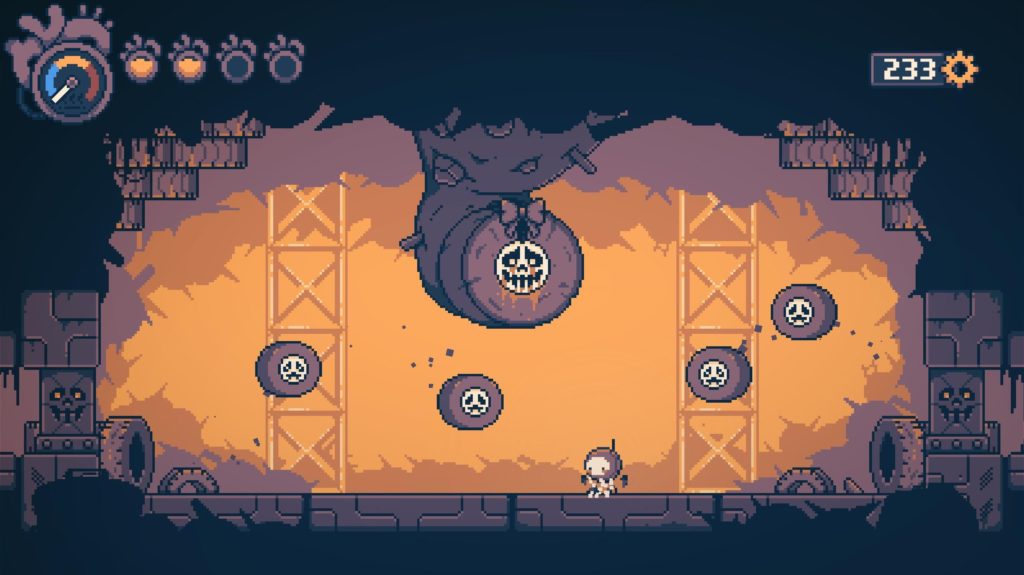
Boss fights are not difficulty walls at all. Some are tricky, certainly, but even someone as boss-inept as I is able to clear them after two or three tries. Some I passed first time. This means that those who crave Souls-like challenge will not be rewarded here, but then, you know, the rest of gaming has them covered just now. Just this is enough to win my heart, but it has other quality-of-life improvements over even Metroid that make me even happier.
(This sounds so minor, but those save rooms: when you step into the save point, it takes a second. I cannot bear it when Metroid games make me sit there for 15 seconds, watching the animations play out even now the technology finished the save in the opening split-second, and it drives me even crazier when copycat games mimic this tedium for no reason. Not Haiku, though! Bam, done, you’re off.)
More significantly, I especially love Haiku‘s approach to exploration. Very early on, the game has a character prompt you that this is something to relax about. To not feel like you need to persist in a certain direction first, or prioritise what might feel like the main progression path. You pick a direction, and you just look around. The game, unlike so many Metroid-likes, doesn’t feel like a world composed of dead ends. You aren’t constantly bumping up against an unopenable door, or platform you can’t quite reach – those are there, certainly, but it always feels like there’s another option for forward progress.
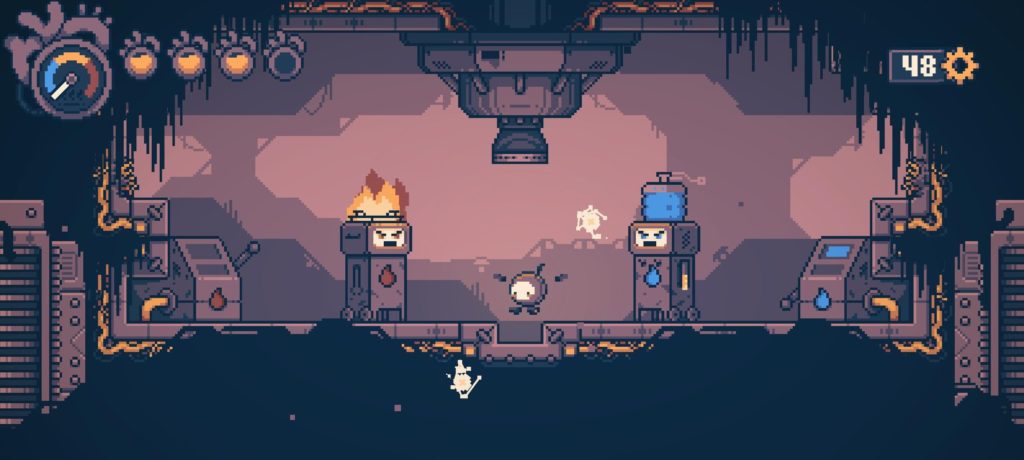
I can’t understate how impressive that last factor is, and how much more compelling it makes the game. This is then boosted by other lovely details, like the chips you can gather or buy for your robot, that can be swapped in and out of a limited number of slots (more slots can be gained) to customise how you want to play. You can give yourself more health, along with a saw blade for when you’re spinning (basically morph ball mode), and increase the length of your weapon, a sword. Or, you might pick a chip that makes your sword lighter and so swing faster, boost your rolling speed, and lower the number of spare parts needed to repair yourself. Or a dozen other combinations.
Those spare parts are the game’s currency, dropped by killed enemies and found in hidden areas, that can either be spent in the store, or used on the fly to heal your current health. The latter takes a bit of time, meaning you can’t spam it while being attacked, but it too allows you to focus on progress.
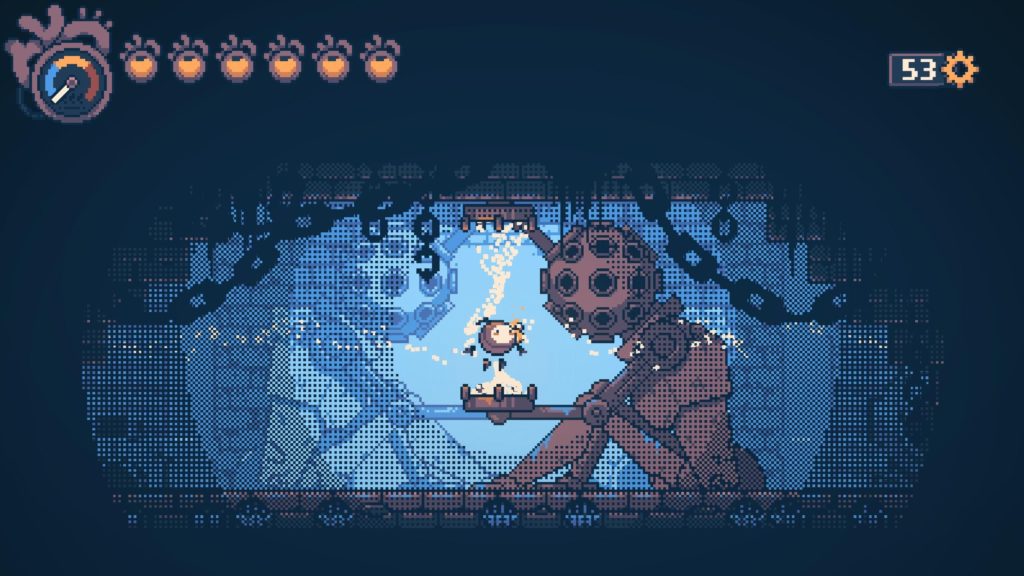
Add to this the excellent music, the adorable pixel animation, the deeply satisfying movement, and a non-invasive yet worthwhile story, and it’s just fantastic. And somehow, but for the music and sounds, the work of just one guy, which is crazy.
This really is one of the best Metroid-likes I’ve played, and its lower-than-usual difficulty is something I have found incredibly welcome. And I feel certain I’ll be playing it all over again when it comes out on Switch. There’s a lot here, and it entirely justifies its $20 tag. I’m already lamenting not having spent ages telling you about the incredible array of enemy designs, the gorgeous background art in its many biomes, its excellent map… But I want to go back to finish it right now!
- Mister Morris Games
- Steam
- £17/€19/$20
- Official Site
All Buried Treasure articles are funded by Patreon backers. If you want to see more reviews of great indie games, please consider backing this project.


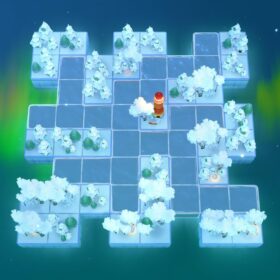
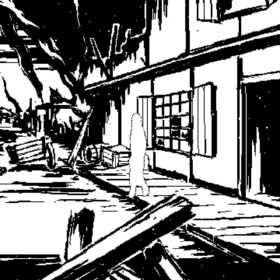
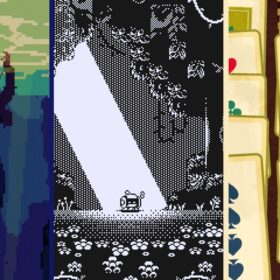
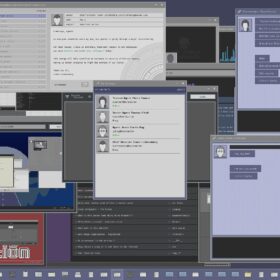
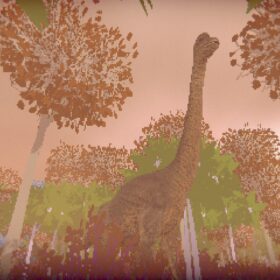
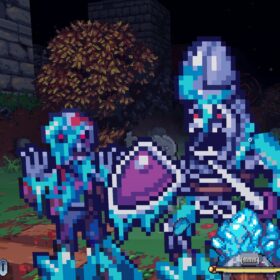
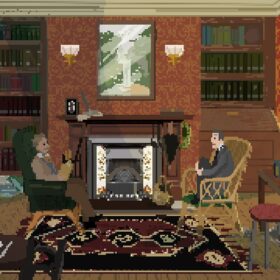
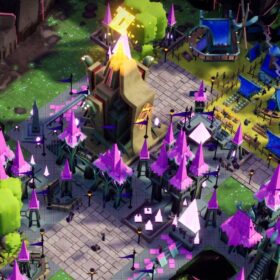
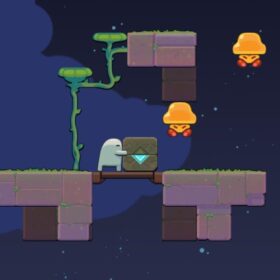
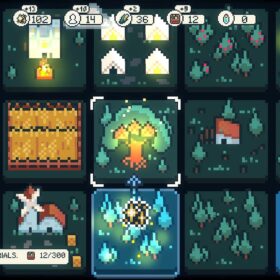

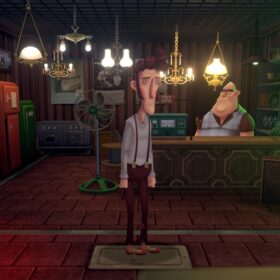
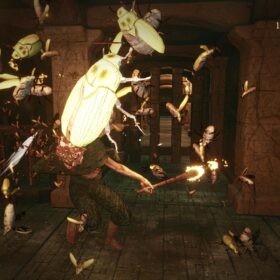

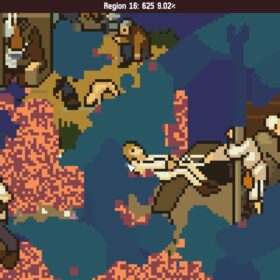
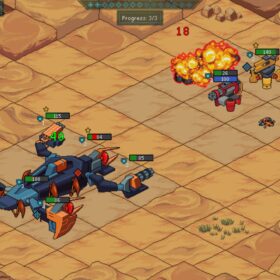

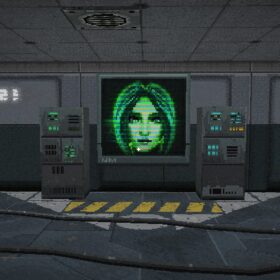
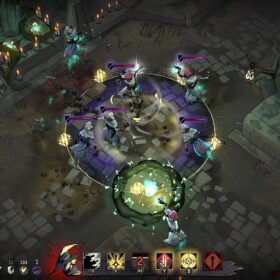
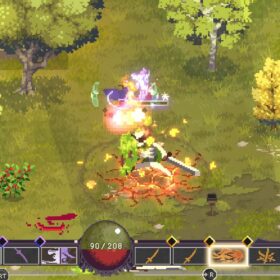
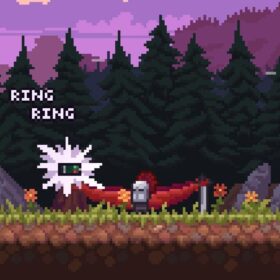
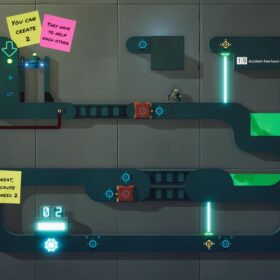
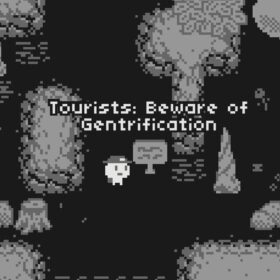
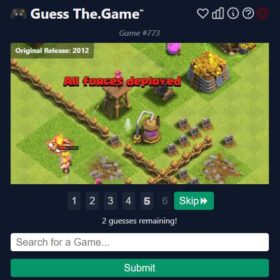
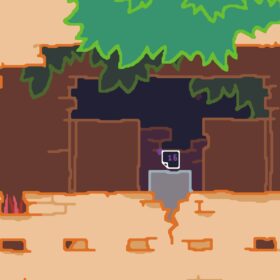
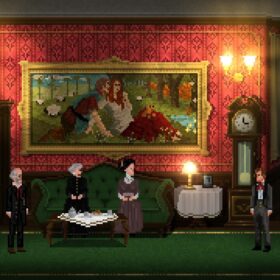

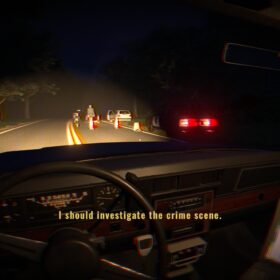
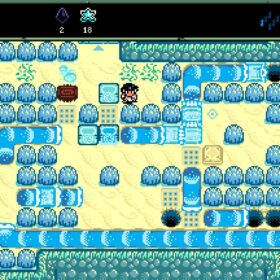
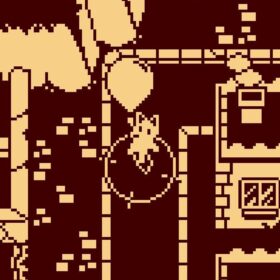
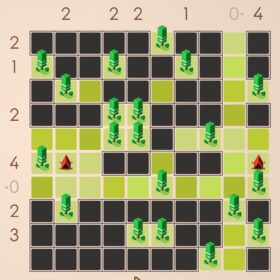

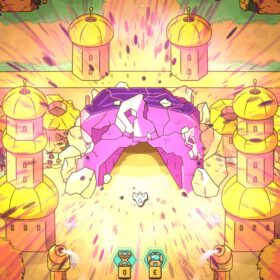
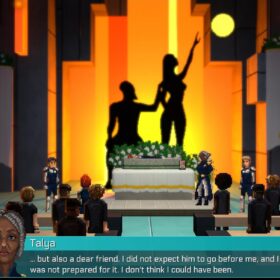

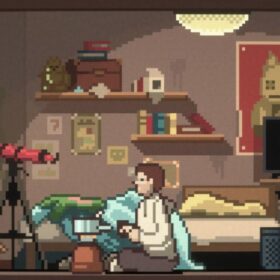
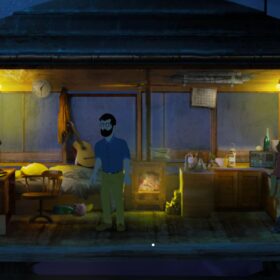
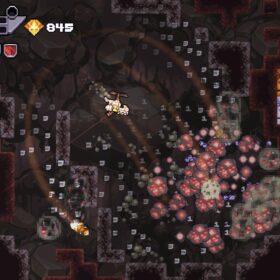
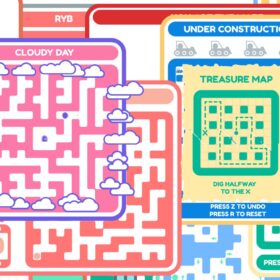
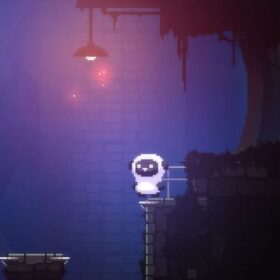
Great review – looking forward to playing this on Switch.
Metroid me do?
Beautiful? Refined? Not torturously difficult?
…it’s a rare metroidamabob that piques my interest since Ori stole my heart. Think this might just do it 🙂
As a lifelong hater of PC gaming, I am very anxious for this to hit Switch!
“it always feels like there’s another option for forward progress.”
Drat. I really want to know how this compares to the level design in Hollow Knight, which is my current high-water mark for good-feeling world exploration — but I’m 100% sure that’s not a game tuned at a difficulty level you’d get along with.
Hm. Have you ever taken a look at the Hollow Knight EasyMode mod? https://steamcommunity.com/app/367520/discussions/0/2568690592363454799/
It’s in the new humble bundle. Now I want to get the bundle.
I’m so sad I missed the Humble Bundle with this in there! (And hollow knight).
My internet was down after moving:(
I am very, very late to this party, but I just wanted to chime in and let everyone know how gosh-darn accurate John’s description of Haiku is. I am not a great Metroidvania-liker. In my many decades of gaming, I think I’ve played a whole four of them, including the original Metroid. While I respect the art and the craftsmanship in games like Gaucamelee and Hollow Knight, I can’t say I like them. They’re just so hard! While I wouldn’t characterize Haiku the Robot as easy–I died to most bosses quite a bit more than John apparently did–I can say that it was never frustrating and it never made me angry. Boss fights in Haiku are, for the most part, slow and deliberate enough that they feel fair. If you die, you generally know what you did wrong and how to avoid it the next time, even if avoiding it the next time proves a little easier said than done.
So I finally for to plaing, and damn, you hit the nail on the head here. The exploration is wonderful. As I got the morph ball I decided to go back and check one previous location, I expected some spare at most, and ended discovering one new location after another, discovering useful things along the way, it’s really, really awesome.
And the difficulty is just right I’d say.